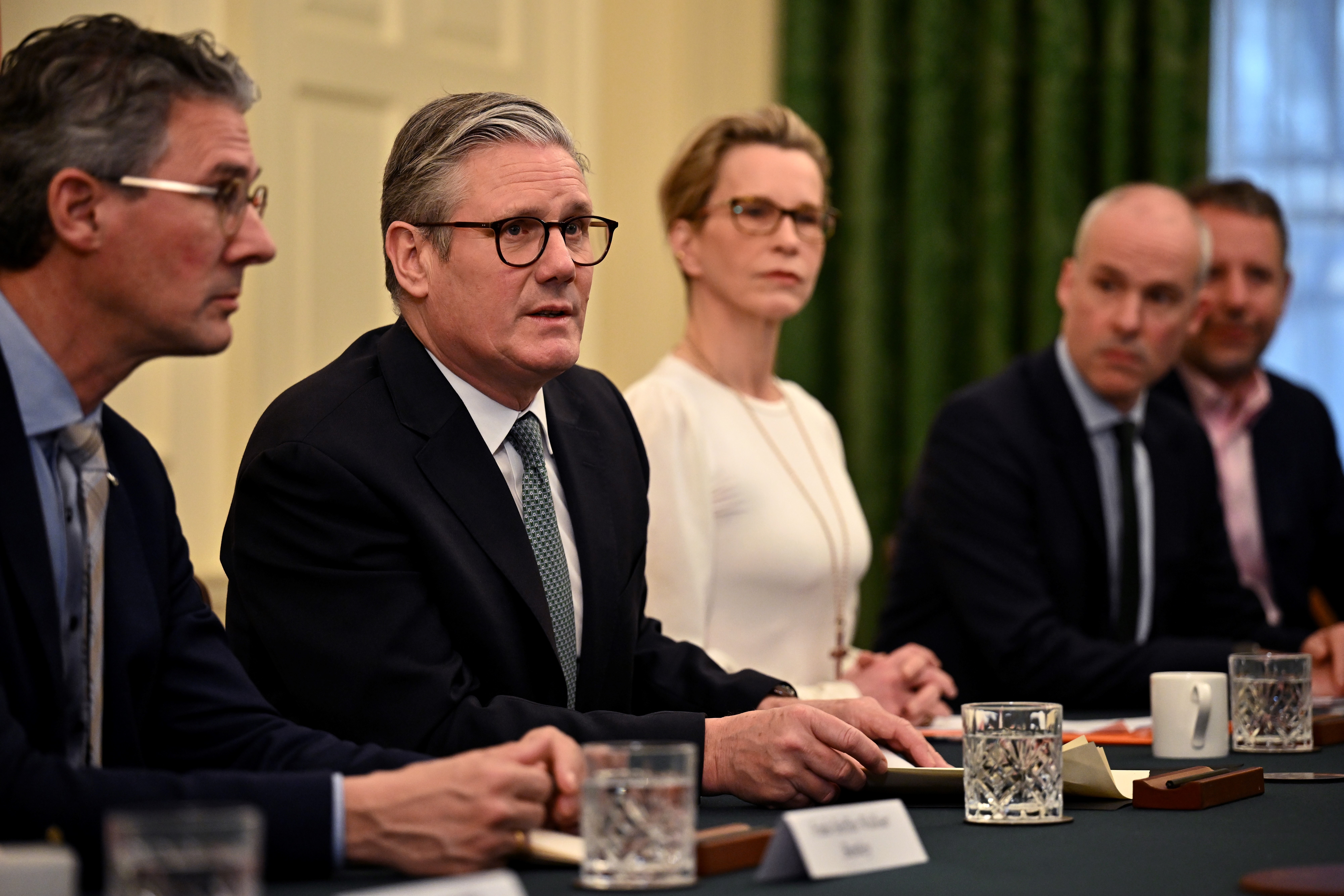
Online safety experts have warned that watering down the Online Safety Act to appease tech giants and help secure a trade deal with the US would be a “sell out of children’s safety”.
There have been reports that the Government has drafted a trade agreement with the US that includes a commitment to review online safety laws for US-based social media giants in exchange for exemptions for the UK from US President Donald Trump’s incoming tariffs.
It has also been reported that the UK would review the digital services tax – a 2% levy on big tech firms that brings in around £800 million a year – in order to help negotiations.
Andy Burrows, chief executive of the Molly Rose Foundation, said the charity had written to Business Secretary Jonathan Reynolds to warn of the “dire consequences” of reducing online safety duties on big tech platforms.
The Molly Rose Foundation was founded by the friends and family of Molly Russell, who ended her life aged 14, in November 2017, after viewing suicide and self-harm content on social media.
“We are dismayed and appalled by reports that the Online Safety Act could be watered down to facilitate a US trade deal,” Mr Burrows said.
“We have written to Jonathan Reynolds urging him not to continue with an appalling sell out of children’s safety and to meet with lived experience campaigners to understand the dire consequences.
“At a time when online safety laws require strengthening it leaves us questioning how many young lives are we prepared to lose to dodge Trump’s tariffs?”
In the letter, Mr Burrows said unregulated social media had already cost too many lives, and argued the British public would not support any efforts to cut incoming rules, which place legal requirements on firms to protect users from harmful content or face large fines.
“Molly is one of far too many young lives that have been lost because of the irresponsible and ineffective approach taken by social media firms to children’s safety.
“The appalling reality is that we lose the life of a young person aged 10 to 19 by suicide where technology plays a role every single week,” Mr Burrows said.
“Does the Government truly believe that it is in the national interest to consider watering down this vital regulation when if anything there is emerging consensus that this legislation, which theScience and Technology Secretary has himself described as ‘uneven and unsatisfactory’, in fact needs to be urgently strengthened?

“We do not believe that your negotiating position attracts the support of the British public.”
The Department for Science, Innovation and Technology has been contacted for comment.
On Thursday, Prime Minister Sir Keir Starmer said negotiations on an “economic prosperity deal” which it is hoped could mitigate the impact of the tariffs will continue, and that he promised to “fight for the best deal for Britain”.
He said he would “only strike a deal if it is in the national interest and if it is the right thing to do for the security of working people”.
Matthew Sowemimo, associate head of policy for child online safety at the NSPCC, said the Government “must not roll back on their commitment to making the online world safer”.
“The Online Safety Act offers a foundation that we believe will vastly improve children’s experiences online,” he said.
“For too long, too many children and young people have been exposed to harmful content, groomed, harassed and bullied online. The Government must not roll back on their commitment to making the online world safer for them, now and in the future.
“To ensure this vital legislation reaches its potential, we need the UK Government to ensure the Online Safety Act is strongly implemented and bolstered where needed.
“They must be holding Ofcom and tech companies to account, and ensuring the Act has enough weight behind it to change the tide for children’s safety online.”







